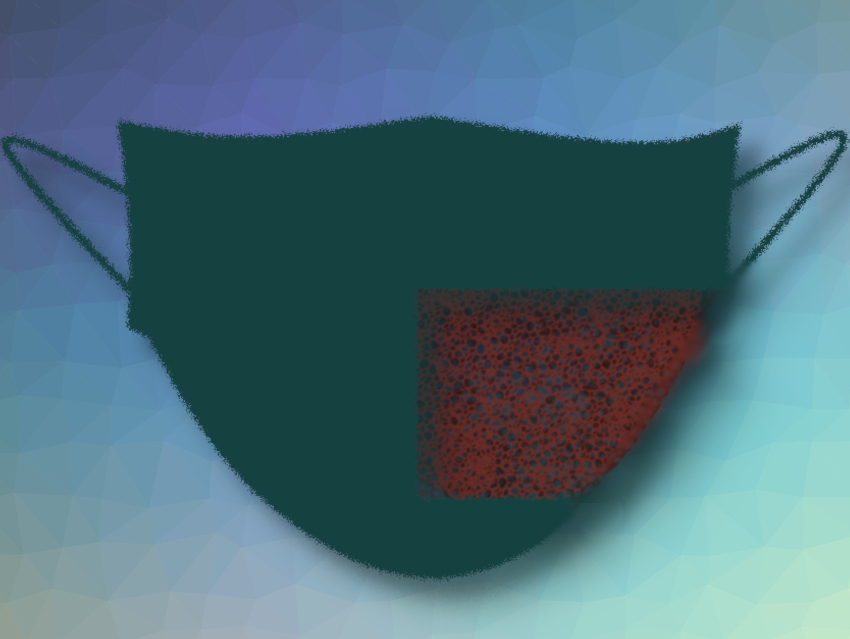The COVID-19 pandemic has led to recommendations or requirements for the use of face masks in many public places. Face masks can filter aerosol particles, such as those released by a cough or sneeze, and help to reduce the spread of diseases, including COVID-19. Particles smaller than 0.3 µm can stay airborne for hours, so materials that can trap these particles are useful for face masks and air filters. However, many types of these filtering materials are fragile and not easy to wash or disinfect. This prevents their reuse and leads to large amounts of waste. Metal foams, in contrast, are durable as well as recyclable, and their small pores and large surface areas suggest they could effectively filter out infectious aerosols.
Kai Liu, Georgetown University, Washington, D.C. and University of California, Davis, both USA, and colleagues have developed copper nanowire foams that can effectively remove submicron-sized aerosols and are durable enough to be decontaminated and reused. The team prepared the metal foams from copper nanowires that were made by electrochemical deposition using anodized aluminum oxide templates. A nanowire-water suspension was then freeze-cast in the desired shape using liquid nitrogen. The ice was sublimated in a vacuum to give a free-standing metal foam. The foam was strengthened by sintering, multiple oxidation/reduction cycles using air and an H2/N2 mixture, and a second electrodeposited copper layer.
The team found that the copper foam holds its form when pressurized and can withstand high air speeds, suggesting it is suitable for air filtration. The metal foams have excellent filtration efficiency for submicron-sized particles. The most effective material in the researchers’ tests was a 2.5 mm-thick foam with copper taking up 15 % of the volume. This foam has a large surface area and trapped 97 % of 0.1-0.4 µm-sized aerosolized NaCl particles, which are commonly used in face mask tests.
According to the researchers, the breathability of the foams is generally comparable to that of commercially available polypropylene N95-type face masks. Because the material is copper-based, the filters should be resistant to disinfection agents, and its antimicrobial properties could help kill trapped pathogens. In addition, the metal foams are recyclable. The researchers estimate that the materials would cost around USD 2 per face mask, and disinfection and reuse could extend their lifetime, making them economically competitive with currently available products.
- Efficient and Robust Metallic Nanowire Foams for Deep Submicrometer Particulate Filtration,
James Malloy, Alberto Quintana, Christopher J. Jensen, Kai Liu,
Nano Lett. 2021.
https://doi.org/10.1021/acs.nanolett.1c00050
Also of Interest
- Collection: SARS-CoV-2 Virus
What we know about the new coronavirus and COVID-19



